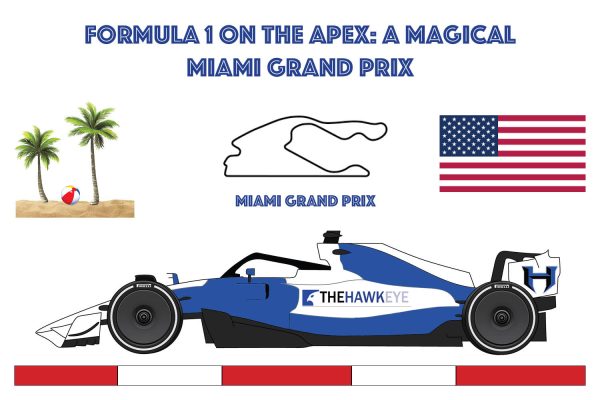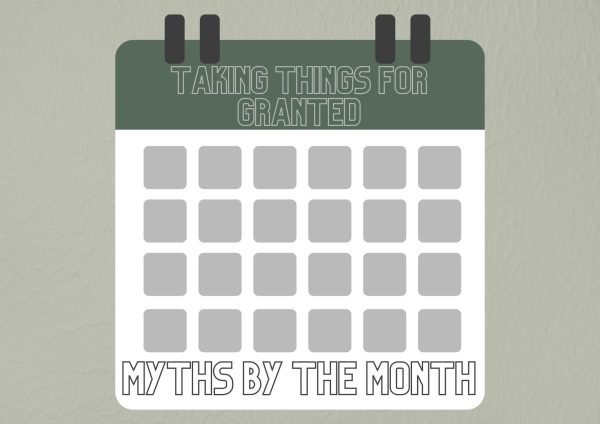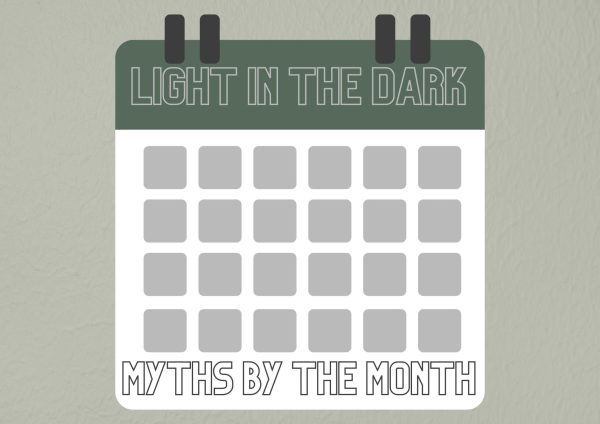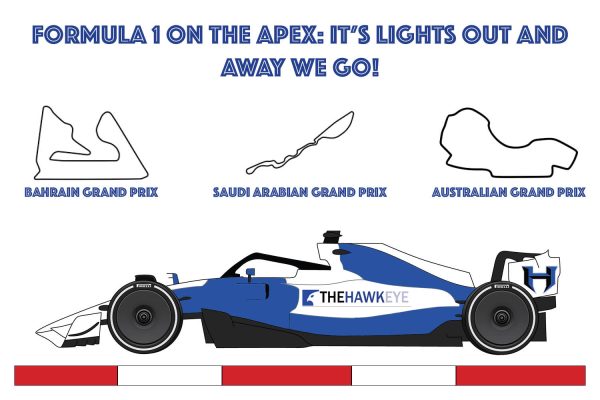“Green” Christmas
When the holiday season rolls around, people usually become frantic, stressed or burdened; similarly, the Earth feels the same way. The environmental impacts of Christmas consumerism are actively contributing to pollution, textile waste and personal debt. We are pushing the planet to its limit all for the sake of a shopping list.
Many consumers use days like Black Friday and Cyber Monday to shop at large corporations for less; however, the environmental impacts are multiplied with shipping and importing goods creating exponential greenhouse gas emissions and packaging waste. One way to alleviate stress and cut out the third party pollution is to shop locally. Farmers markets, job fairs and even small online stores are a great place to find ethically sourced, handmade gifts.
Several small business owners also utilize recycled materials to make and package their products, and shopping locally also ensures that money spent goes directly to helping an individual or a family rather than corporate America. While sometimes those products can be pricey, a great opportunity to save money and still receive an order before the holiday is to shop on Small Business Saturday, instead of indulging in Black Friday the day before.
Another way to minimize waste while also staying on budget is to implement simpler gift exchanges such as White Elephant, Yankee Swap and Secret Santa. The appeal of these particular gift-giving events is that they are easy traditions to start at family functions or office parties and each person only has to provide one gift. White Elephant and Yankee Swap are easy exchanges, and my family has done both in years past; the main difference between the two is that White Elephant participants typically bring random and crazy gifts, while Yankee Swap centers around practical presents. A more common gift exchange is Secret Santa, where each person picks a name out of a hat and only buys a gift for that person, usually with a price limit provided. All of these are fun alternatives that allow everyone to participate and go home with a cool or funny gift.
Lastly, avoiding buying gifts altogether is impractical, but a significant way to cut back on pollution is to find alternatives to wrapping paper. According to Rubicon Global, during the holiday season Americans accumulate an extra five million tons of waste, with four million tons being made up of wrapping paper and shopping bags. So, in order to alleviate some of the waste, people opt out of buying traditional wrapping paper and instead look for wrapping paper made of recycled or natural materials.
Another obvious solution is to reuse gift wrap, ribbons, bags or tissue paper as a way to repurpose old materials. Finally, use household items to help wrap gifts. Food boxes from the pantry, spare pages from the Sunday paper, old maps and calendars all make great substitutes.
The end of the year is a great opportunity to calculate your carbon footprint and take measures to offset it by using recycled gift wrapping materials, shopping locally and implementing stress free gift exchanges. Holidays should be about giving back to loved ones, but without taking from the Earth.

Senior Katlynn Fox is the Editor-In-Chief and this is her second year on staff. In her free time she enjoys listening to music, watching rom-coms and hanging...













